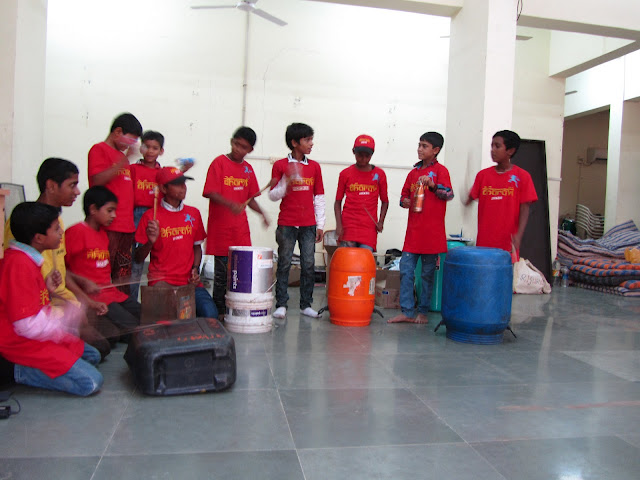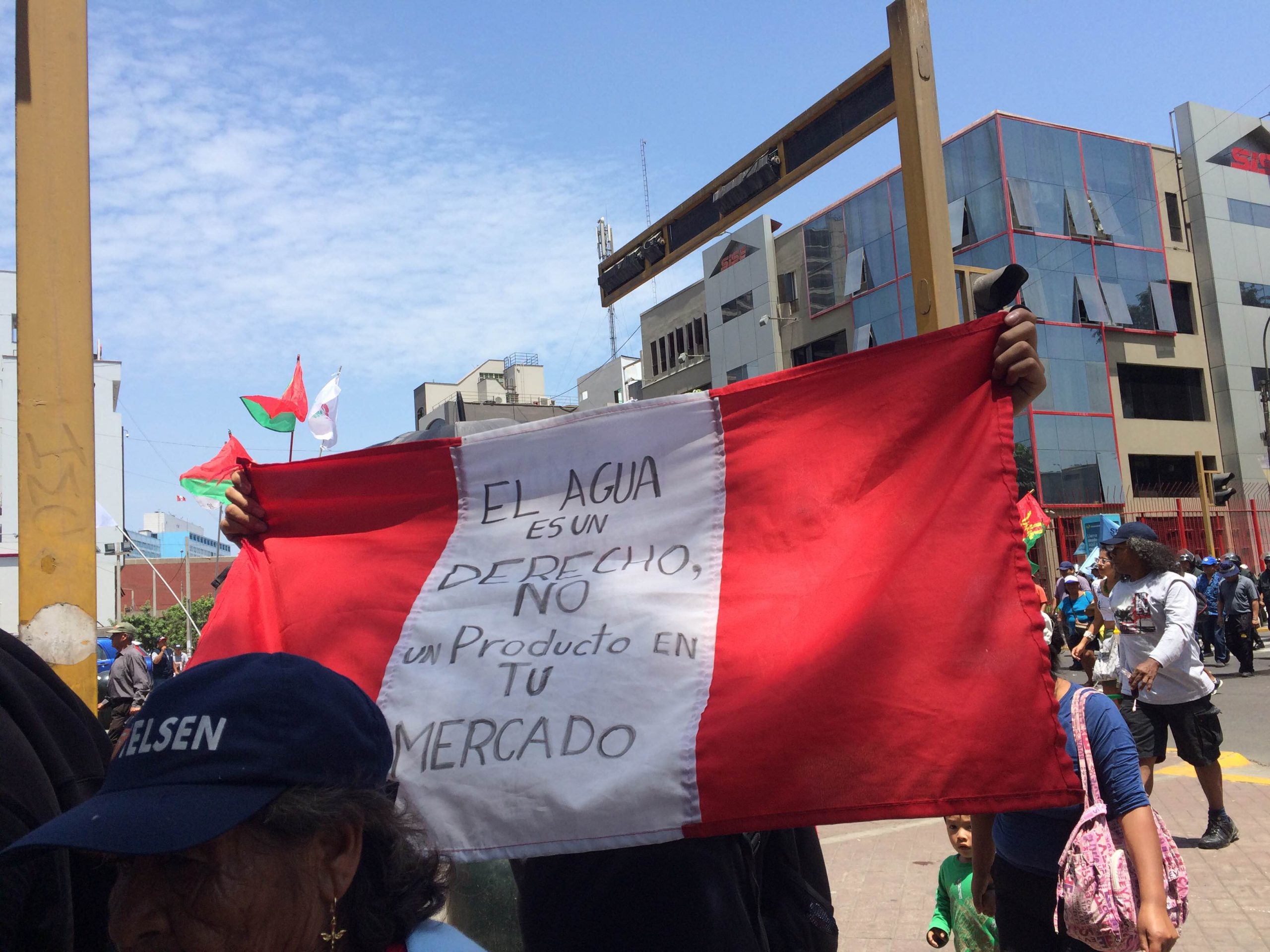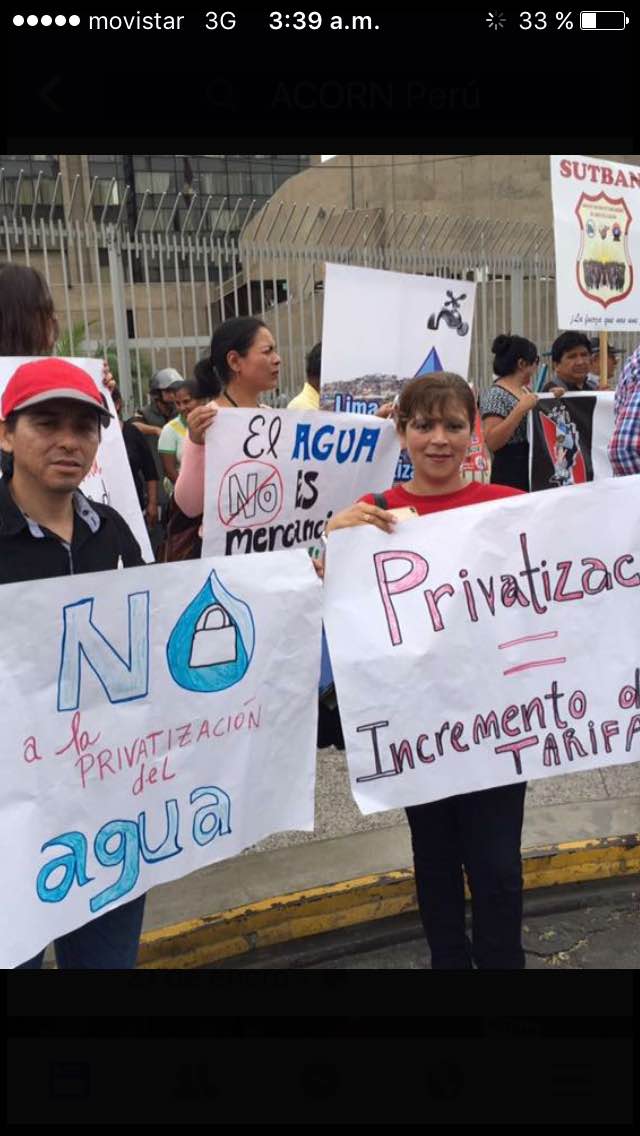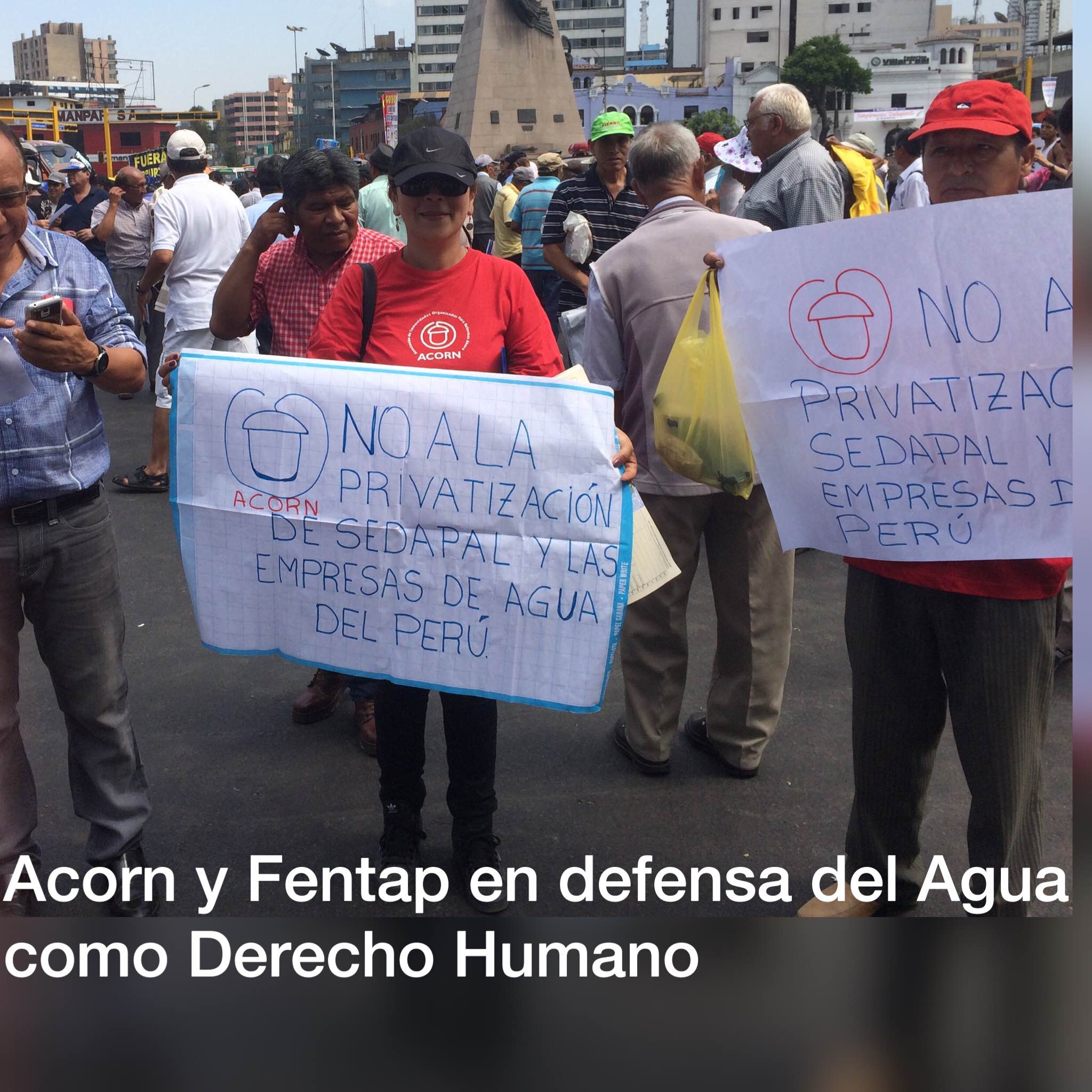Your cart is currently empty!
Day: March 1, 2016
-
Farmers, Traders, Hawkers and other affected groups oppose the budget proposal to allow 100% FDI in marketing food produced and manufactured locally
Press Statement
Farmers, Traders, Hawkers and other affected groups oppose the budget proposal to allow 100% FDI in marketing food produced and manufactured locally
Delhi, 1st March 2016—The India FDI Watch Campaign, along with the Bhartiya Udyog Vyapar Mandal (Federation of All India Traders and Industries), Federation of Associations of Maharastra, The Hawkers Federation, Janpahal and various other groups, opposed the union budget 2016-17 proposal to allow 100% Foreign Direct Investment (FDI) in marketing food produced and manufactured in India.
The groups called on the Govt. of India to adhere to its party manifesto which categorically opposed FDI in multibrand retail.
Sri Shyam Bihari Mishra, President of the Bhartiya Udyog Vyapar Mandal (BUVM), said “If the government is serious about stopping wastage of food and empowering farmers it should work on a sustainable model of distribution of food considering factors of demand and supply. It does not make logical sense to allow supermarkets which are known for wastage of food throughout their supply chain operation and squeezing farmers.”
Mohan Gurnani, President of the Federation of Association’s of Maharastra (FAM) opposed the move saying, “We know for a fact that small farmers, traders and hawkers are impacted when large corporations enter into the retail sector, the Government should be restricting their entry, but instead are allowing them in through various routes, and in the mean time appeasing the public by saying they are not in favour of FDI in multibrand retail.”
Vijay Prakash Jain, Secretary General of BUVM stated that, “the entire supply line of food, which is such an important part of this nation’s retail culture and history, stands to be threatened.”
Dharmendra Kumar, India FDI Watch, Campaign Director added, “the budgetary announcement raises concerns over livelihood, nutrition, food safety, local economies and the environment. Food loses most of their nutritional properties during heavy processing. To prolong shelf life, foods may have preservatives added to them, or they may be sealed in sterile packaging and may also be exposed to controlled amounts of heat, or in some cases radiation. Processing often radically changes the nature of the original food. Processed food ingredients tend to be nutrient-poor, meaning they are high in calories relative to the amount of vitamins, minerals and other key dietary nutrients. Many processed foods are high in added sugar, sodium, saturated fats or trans fats and contain little dietary fiber and can contribute to foodborne illness outbreaks. Case studies of other countries underline the need for development programs and public support to assist small farmers and traders’. Govt of India should not deregulate the farm and retail sectors in a rushed manner until sufficient measures are put in place that will protect livelihoods of farmers and small traders.”
Ms. Priti Maurya of Janpahal works with small farmers says,”processing plants have become larger and handle larger volumes of products, sometimes from many different sources and distribute them over a broader geographic area.Small farmers never become part of such so-called modern supply chain as processors and supermarkets look for large volumes. Small farmers would lose the local market. Food processors and supermarkets, can have considerable influence over who produces food, how it is produced and what is eaten.
Hakim Singh Rawat, General Secretary, The Hawkers Federation stated “Supermarkets too have high percentage of wastage. Wastage of non-perishable foods like grains and cereals has very low level of wastage but the Govt has allowed processors and supermarkets in all food categories in the name of reducing wastage. The policy would threaten livelihood of all street vendors depending on retailing food.”
-
Farmers, Traders, Hawkers and other affected groups oppose the budget proposal to allow 100% FDI in marketing food produced and manufactured locally
Press Statement
Farmers, Traders, Hawkers and other affected groups oppose the budget proposal to allow 100% FDI in marketing food produced and manufactured locally
Delhi, 1st March 2016—The India FDI Watch Campaign, along with the Bhartiya Udyog Vyapar Mandal (Federation of All India Traders and Industries), Federation of Associations of Maharastra, The Hawkers Federation, Janpahal and various other groups, opposed the union budget 2016-17 proposal to allow 100% Foreign Direct Investment (FDI) in marketing food produced and manufactured in India.
The groups called on the Govt. of India to adhere to its party manifesto which categorically opposed FDI in multibrand retail.
Sri Shyam Bihari Mishra, President of the Bhartiya Udyog Vyapar Mandal (BUVM), said “If the government is serious about stopping wastage of food and empowering farmers it should work on a sustainable model of distribution of food considering factors of demand and supply. It does not make logical sense to allow supermarkets which are known for wastage of food throughout their supply chain operation and squeezing farmers.”
Mohan Gurnani, President of the Federation of Association’s of Maharastra (FAM) opposed the move saying, “We know for a fact that small farmers, traders and hawkers are impacted when large corporations enter into the retail sector, the Government should be restricting their entry, but instead are allowing them in through various routes, and in the mean time appeasing the public by saying they are not in favour of FDI in multibrand retail.”
Vijay Prakash Jain, Secretary General of BUVM stated that, “the entire supply line of food, which is such an important part of this nation’s retail culture and history, stands to be threatened.”
Dharmendra Kumar, India FDI Watch, Campaign Director added, “the budgetary announcement raises concerns over livelihood, nutrition, food safety, local economies and the environment. Food loses most of their nutritional properties during heavy processing. To prolong shelf life, foods may have preservatives added to them, or they may be sealed in sterile packaging and may also be exposed to controlled amounts of heat, or in some cases radiation. Processing often radically changes the nature of the original food. Processed food ingredients tend to be nutrient-poor, meaning they are high in calories relative to the amount of vitamins, minerals and other key dietary nutrients. Many processed foods are high in added sugar, sodium, saturated fats or trans fats and contain little dietary fiber and can contribute to foodborne illness outbreaks. Case studies of other countries underline the need for development programs and public support to assist small farmers and traders’. Govt of India should not deregulate the farm and retail sectors in a rushed manner until sufficient measures are put in place that will protect livelihoods of farmers and small traders.”
Ms. Priti Maurya of Janpahal works with small farmers says,”processing plants have become larger and handle larger volumes of products, sometimes from many different sources and distribute them over a broader geographic area.Small farmers never become part of such so-called modern supply chain as processors and supermarkets look for large volumes. Small farmers would lose the local market. Food processors and supermarkets, can have considerable influence over who produces food, how it is produced and what is eaten.
Hakim Singh Rawat, General Secretary, The Hawkers Federation stated “Supermarkets too have high percentage of wastage. Wastage of non-perishable foods like grains and cereals has very low level of wastage but the Govt has allowed processors and supermarkets in all food categories in the name of reducing wastage. The policy would threaten livelihood of all street vendors depending on retailing food.”








